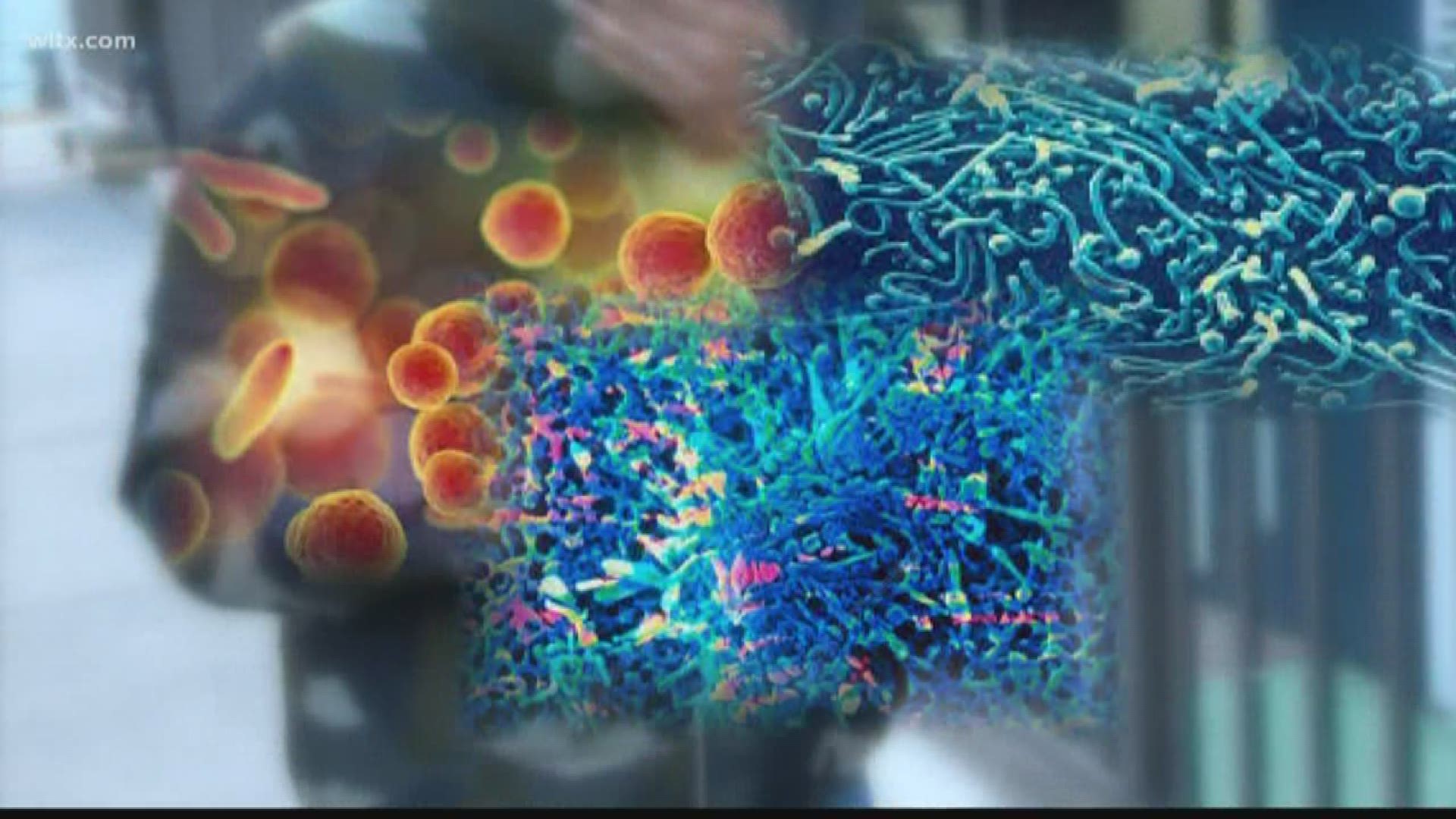Walking pneumonia is not a medical term. It is the layman’s term for a mild case of pneumonia.
Technically it's called atypical pneumonia and is caused by bacteria or viruses; often a common bacterium called Mycoplasma pneumonia.
Like many respiratory germs, these germs spread when an infected person coughs or sneezes.
It tends to be less serious than traditional pneumonia. According to Centers for Disease Control and Prevention, there is no national reporting or surveillance system for Mycoplasma pneumoniae infections. An estimated two million cases of M. pneumoniae infections occur each year in the United States.
What are the symptoms of walking pneumonia?
The term is popular because you can be up and walking around and unaware that you have this type of pneumonia, because the symptoms like congestion, fever, chills and headache usually look like a bad cold. Despite the uncomfortable symptoms, you may feel well enough to push through your daily routine or even go to work, that’s how it got its name.
Though the symptoms are similar to a cold, pneumonia infections cause your immune system to fill the air sacs in the lungs with mucus, pus, and other fluids. This makes it difficult for oxygen to reach your blood, causing shortness of breath, difficulty breathing and feeling more tired than usual.
How is walking pneumonia treated?
Although walking pneumonia may go away on its own, antibiotics may be necessary. Walking pneumonia can be officially confirmed by a chest X-ray.
Even though pneumonia is considered a mild lung infection it can be serious. Recovery time should not be rushed, is different for each person and depends if you have other medical conditions like asthma or COPD.
How is walking pneumonia prevented?
Prevention is the best cure. To reduce your risk of infection, follow these tips recommended by the American Lung Association:
- Get a flu vaccine each year to help prevent getting pneumonia caused by the flu.
- Talk to your doctor about getting a pneumonia vaccine (there is no vaccine for viral or mycoplasma pneumonia, but certain individuals should get vaccinated for pneumococcal pneumonia).
- Exercise eat a well-balanced diet and get adequate sleep.
- Wash your hands frequently and thoroughly with warm, soapy water.
- Don't smoke.
- Cover your mouth when you cough or sneeze and encourage others to as well to help prevent spread of these infections.
For more information click here.

